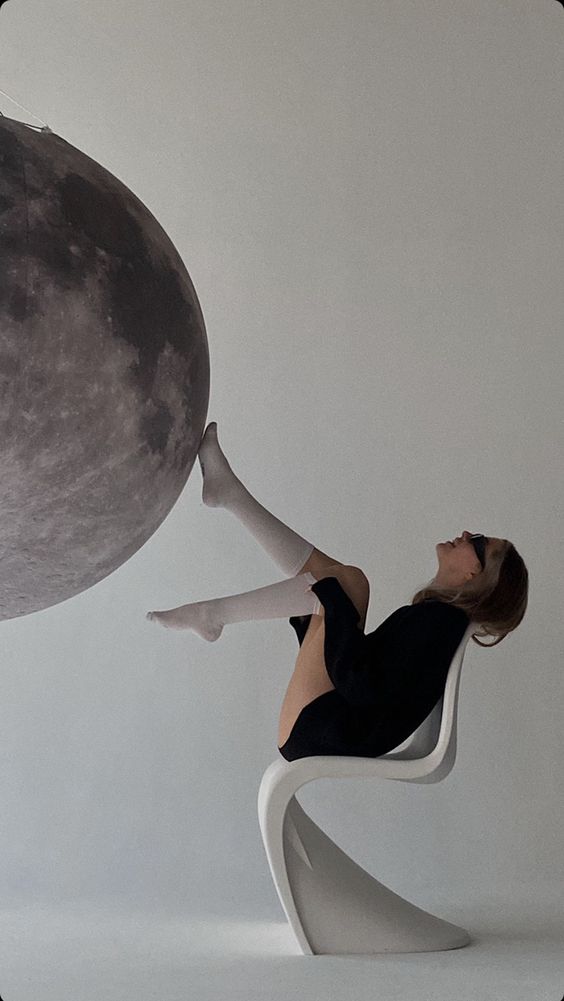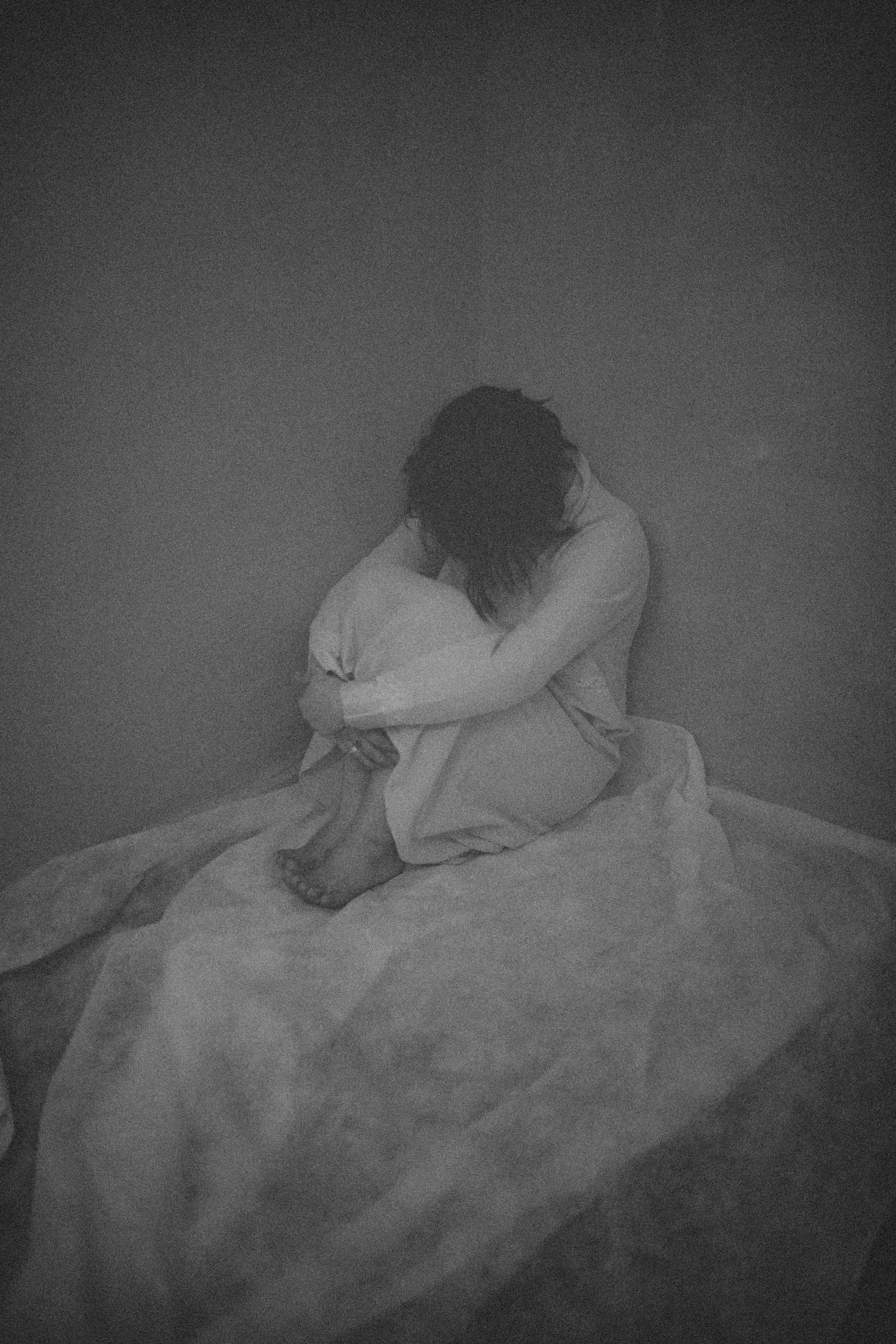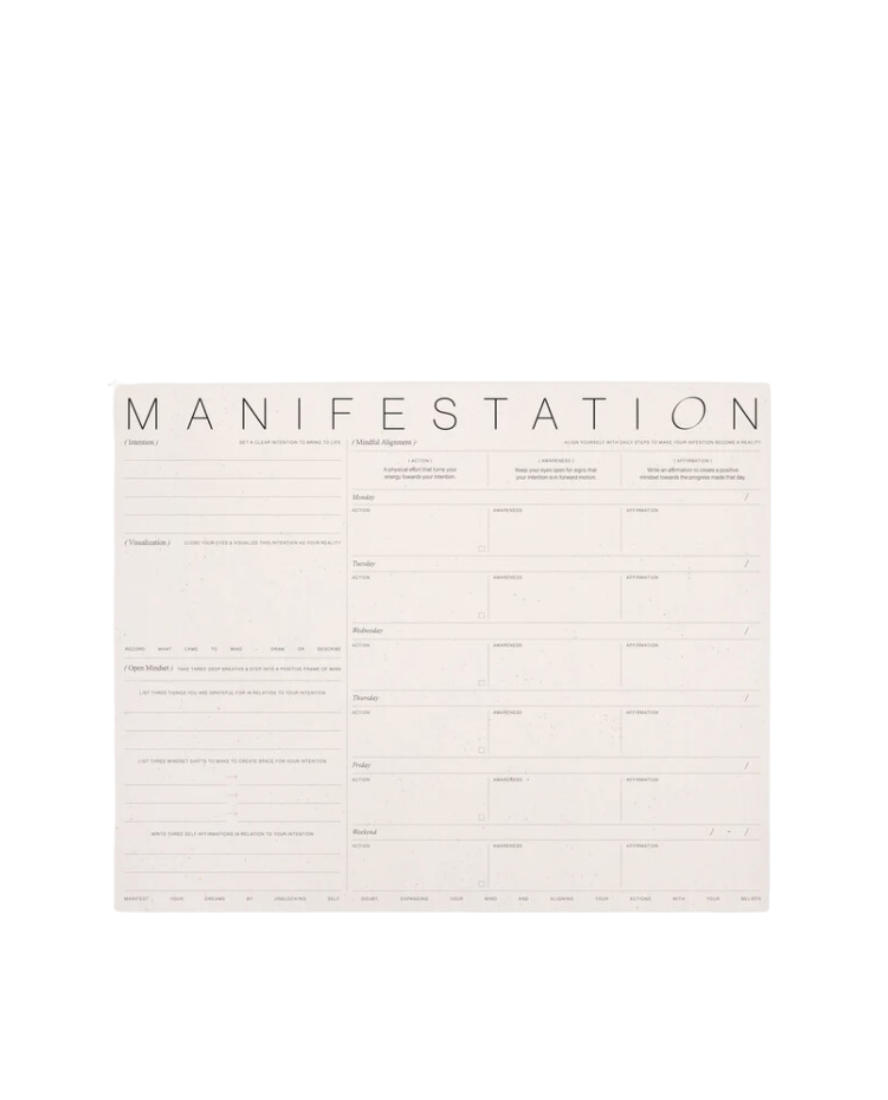From Ancient Greece and Ancient Rome, Aristotle and Pliny the Elder, respectively, believed that since the moon affects the tides, it also affects us and our brains (they believed that the brain was moist).
Over time, this idea remained and was investigated more closely: looking at more recent research, Arnold Lieber, a renowned psychiatrist from the 1970s, created a hypothesis that since the human body is made up of around 70% water, the moon could potentially affect us, just as Aristotle and Pliny had suggested.
Lieber also researched incidents around the full moon (the phase of the moon most commonly associated with affecting our mood) and found that during a full moon, murder, suicide, assault, psychiatric emergencies, and deaths by car accidents increased.
Obviously, this research is quite alarming. However, since then, various scientists and professionals within this field have suggested that the moon’s pull wouldn’t affect the body, regardless of the fact that we are made up of nearly 70% water.
Interestingly though, there are still many people that believe the lunar cycle does affect mood and they notice dramatic changes during different phases, such as the full moon. A large number of spiritual individuals and collectives believe in not only the outstanding research that backs up the connection between mood and the moon, but in the fact that we’re connected to everything and just like any other cycle, the lunar cycle does have the ability to affect us.






















